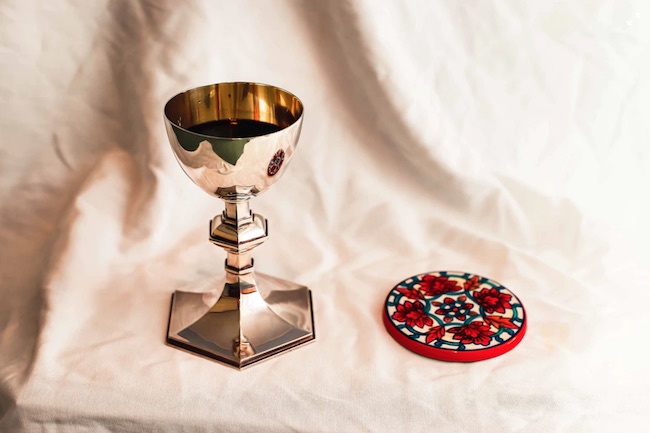What the New Testament Says About Wine by Myra Kahn Adams for Town Hall
Author’s Note: Interested readers can find all previous volumes of this series here.
Today we conclude our two-part series on what the Bible says about wine. Last week we studied the Old Testament, and now we uncork the New, noting the pivotal role wine plays in Jesus’s Messianic ministry.
Wine is first mentioned in the New Testament’s first book, the Gospel of Matthew, when Jesus says:
“‘Neither do people pour new wine into old wineskins. If they do, the skins will burst; the wine will run out and the wineskins will be ruined. No, they pour new wine into new wineskins, and both are preserved’” (Matthew 9:17).
That “new wine” lesson was also recorded in Mark 2:18-22 and Luke 5:33-39, reinforcing its significance about how Jesus symbolically represented “new wine” that cannot be contained within old skin. He came to fulfill the Old Testament — old wine preserved in the old skin. He taught how the new wine is “ruined” when poured into old goatskins that “burst” after being stretched to its limit from when the old wine is fermented and expanded.
Jesus’s symbolic identity with wine is strengthened in his first famous miracle when he turned water into wine. The miracle appears only in John’s Gospel while Jesus, his mother, and disciples attended a wedding feast at Cana in Galilee that (gasp) is about to run out of wine. Mother Mary pressures her son for a miracle, and Jesus initially resists saying, “My hour has not yet come.” Take a moment and read the short passage.
After Jesus quietly changes six large jars of water into wine with no fanfare, the “master of the banquet” comments to the bridegroom about his unusual party etiquette, saying:




